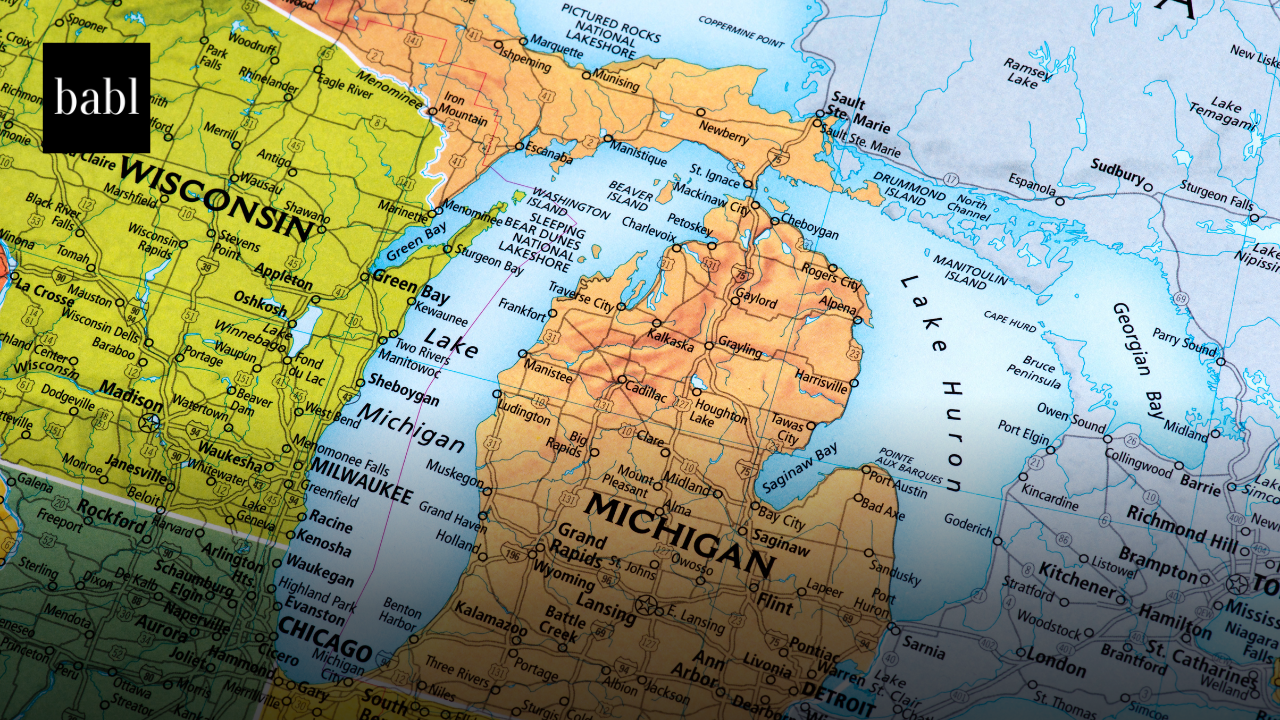UPDATE — SEPTEMBER 2025:
Since advancing out of the Senate Housing and Human Services Committee, Michigan’s Reproductive Health Data Protection Act (SB 1082) has progressed. However, it has not yet become law.
-
Senate Passage: The bill cleared the full Michigan Senate in May 2024 with Democratic support.
-
House Proceedings: Referred to the House Health Policy Committee in June 2024, where hearings examined compliance costs for health departments and app developers. However, the bill has not advanced to a full House vote.
-
Current Status: As of late September 2025, the bill remains pending in the House. If lawmakers do not act before the end of the session, SB 1082 will expire and would need reintroduction in 2026.
-
National Context: With reproductive health data protections already adopted in California, Washington, and New York, privacy advocates argue Michigan risks falling behind. Lobbying has intensified, urging House leaders to schedule a floor vote before year’s end.
The core provisions of SB 1082 remain unchanged: requiring informed consent for data collection, banning sale of reproductive health data without consent, prohibiting geofencing near clinics, and providing enforcement powers to the Attorney General and individuals.
ORIGINAL NEWS STORY:
Michigan Senate Advances Reproductive Health Data Protection Act
The Michigan Senate Housing and Human Services Committee has advanced Senate Bill 1082, also known as the Reproductive Health Data Protection Act. Sponsored by Senator Mallory McMorrow, the bill seeks to regulate the collection, processing, and sale of reproductive health data. Moreover, it addresses concerns over privacy and unauthorized sharing of sensitive information.
The legislation comes at a time when health-tracking technologies, including smartwatches, fitness apps, and female health trackers, have been criticized for sharing user data with third parties despite claims of confidentiality. As a result, the bill aims to prevent misuse and ensure transparency. It gives individuals greater control over their reproductive health data.
Health Data Protection Act Details
Under the Reproductive Health Data Protection Act, regulated entities, service providers, or affiliates must obtain informed consent before collecting or processing reproductive health data. Entities will only be permitted to use such data for specified purposes, with strict limitations on data retention and sharing.
The bill prohibits the sale of reproductive health data without explicit consent, starting June 30, 2027. To ensure transparency, entities will be required to provide a conspicuous link on their websites, allowing individuals to revoke consent for the sale or processing of their data.
Additionally, the legislation outlines measures to restrict the use of geofencing technology near facilities providing reproductive health services. This prohibition aims to prevent tracking or collecting information on individuals seeking such services.
The Michigan Attorney General (AG) is authorized to take legal action to enforce the bill’s provisions, seeking injunctions against violations. Both the AG and individuals affected by breaches of the Act can pursue damages of up to $750 per incident or actual losses, whichever is greater.
The bill’s implementation is expected to have a minor negative fiscal impact on state and local governments. Agencies such as Medicaid or local health departments, classified as “covered entities,” may incur compliance costs. The Attorney General’s office and local courts could also face administrative expenses related to enforcing the legislation.
The Reproductive Health Data Protection Act aligns with national conversations around data privacy and consumer rights. If enacted, it would position Michigan as a leader in reproductive health data protection, setting a precedent for other states grappling with similar concerns.
Conclusion
The bill will take effect two years after its enactment, providing time for covered entities to comply with its provisions. As the legislation moves forward, it has drawn widespread attention for its potential to reshape privacy standards in healthcare technology.
Need Help?
If you’re concerned or have questions about how to navigate the U.S. or global AI regulatory landscape, don’t hesitate to reach out to BABL AI. Their Audit Experts can offer valuable insight. Additionally, they can ensure you’re informed and compliant.





